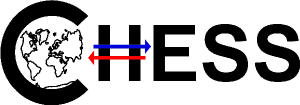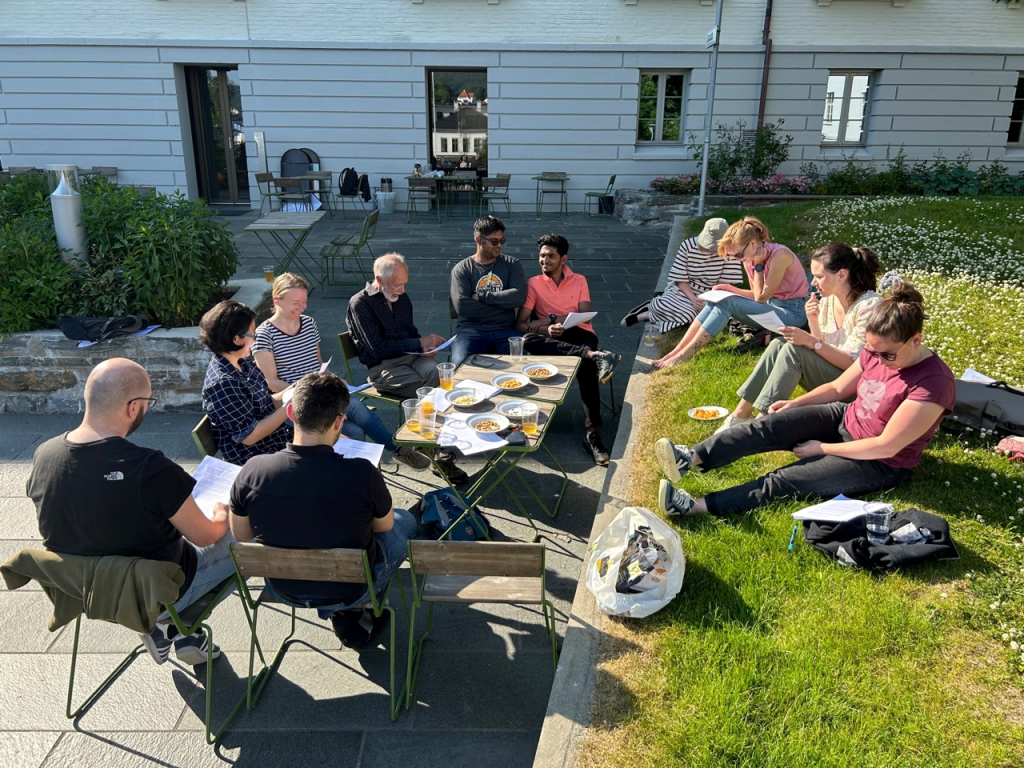It was again my pleasure to conduct the eleventh iteration of the annual Science Writing Workshop. With the assistance of generous volunteer faculty scientists, we read and discussed each of the twelve participants’ abstracts, introductions, and concluding matter. We devoted an hour and a half to each paper with three sessions a day Monday through Thursday, leaving Friday for rewrites. Most of the graduate-student writers were working on their first paper. They were avid, committed, and receptive to new ideas about the research paper itself and its composition process: Just what is a research paper; what is its purpose vis a vis its intended audience? We concentrated on developing a writing/thinking process that can be applied to their next papers when beginning from scratch. I suggested that at the earliest stage of the composition process they put aside the paper itself and just write the science, this by answering in writing several questions, the “Scientific Essence”—most prominently what is the new scientific accomplishment and what gap in current thinking does it fill?
One major difference between 2023 and previous workshop weeks was—the weather. Five days of cloudless skies, temperatures in the 20s. A decade ago, Thomas and I established “Lit Night,” during which I read aloud three selected short stories and we discuss them as a group, noting how the authors use the tools of fiction writing to engage the audience. The purpose is reading pleasure, but it’s also of practical use to discuss the ways fiction and science writing are alike and different. We held this year’s Lit Night outside in bright sunlight at 8:00 PM. It was a delightful evening.
This was the penultimate writing workshop under the aegis of CHESS. My compliments to Thomas for founding and directing this remarkable project. I’m sad to think next year may be the last workshop, and I hope, not only for its sake but for all the students who have benefited from the various CHESS programs, that something similar will take its place.
My thanks to Thomas, Mandy, the faculty volunteers, and the students, with whom it was a pleasure to work. To the students, I hope that when your papers are published you’ll drop me a line saying so.
My best to you all, Dallas


